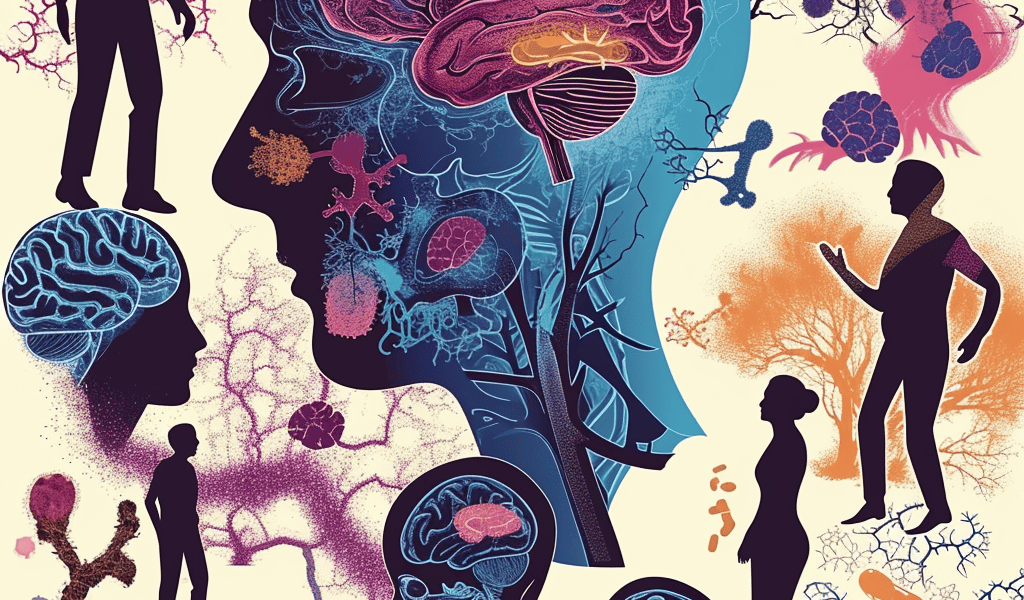A recent study published in the journal Nature Aging has revealed a groundbreaking discovery in the field of Alzheimer’s research. Researchers have identified five distinct subgroups among Alzheimer’s patients, indicating the potential for personalized treatment options.
The study, conducted by the Alzheimer Center Amsterdam, Amsterdam UMC, and Maastricht University, challenges the conventional belief that Alzheimer’s disease is a singular condition with uniform treatment outcomes. Lead researcher Betty Tijms, associate professor of neuroscience and brain imaging at Amsterdam UMC, emphasized the significance of the findings, stating, ‘We found that patients with Alzheimer’s disease differ in the biological processes involved — which means that possibly treatments will only work for a subgroup of patients.’
The research involved the analysis of 1,058 proteins in the cerebrospinal fluid of 419 individuals with Alzheimer’s disease. This comprehensive approach led to the identification of five distinct variants within the patient population.
Each subgroup exhibited unique characteristics, shedding light on the diverse biological mechanisms at play in Alzheimer’s disease. The first group displayed increased amyloid production in the brain, contributing to the formation of plaques that are known to impede cognitive function, a hallmark of the disease. This finding suggests a potential explanation for why certain patients may respond more favorably to specific treatments.
Another subgroup was found to have a disruption in the blood-brain barrier, reduced amyloid production, and diminished nerve cell growth. The remaining groups demonstrated variations in protein synthesis, immune system function, and cerebrospinal fluid production, indicating the complex nature of Alzheimer’s disease.
Furthermore, the study revealed discrepancies in the progression of symptoms among the identified subgroups, with some exhibiting faster symptom advancement than others. These findings have significant implications for the development of targeted treatment approaches tailored to the specific biological profiles of Alzheimer’s patients.
The discovery of these distinct subgroups has the potential to revolutionize the approach to Alzheimer’s treatment, paving the way for personalized medicine in the field. As researchers continue to unravel the complexities of the disease, the prospect of tailored interventions offers hope for more effective and targeted therapies for individuals affected by Alzheimer’s.





